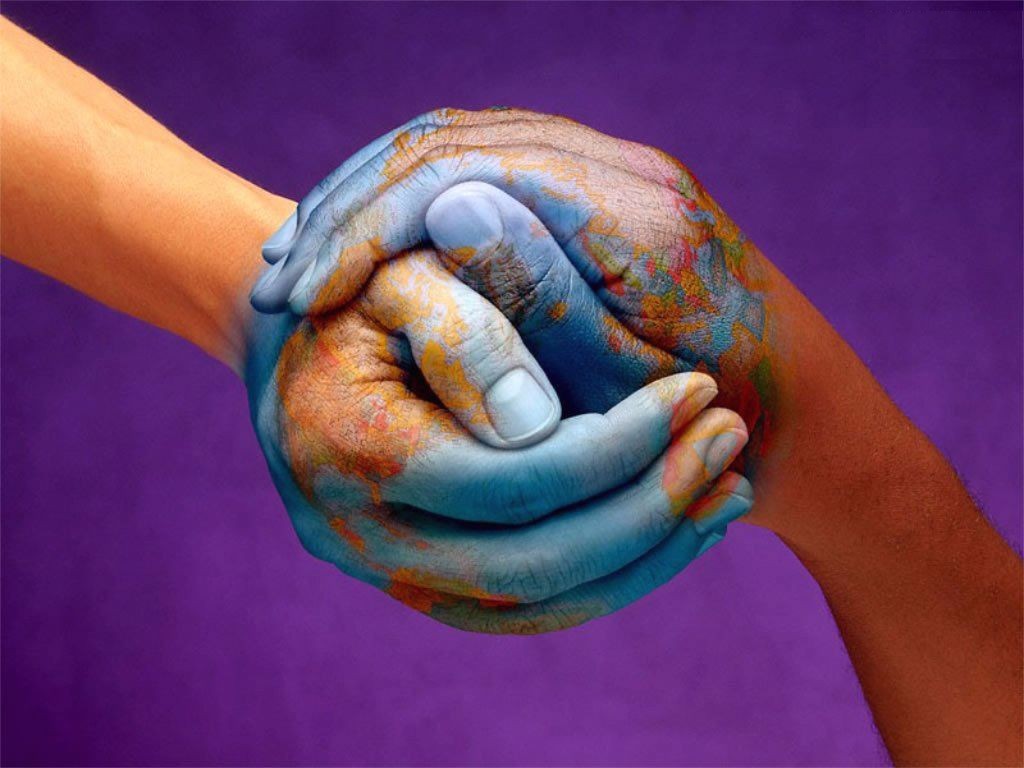10 results for tag: Providence Addiction Treatment
Author Michael Swerdloff On How to Begin, Navigate, & Sustain Sobriety
In a world where the journey towards sobriety is often challenging and deeply personal, understanding the pathways and strategies for achieving and maintaining sobriety is crucial. This series aims to provide insight, encouragement, and practical advice for those who are on the road to recovery, as well as for their loved ones and support networks. As a part of this series, I had the distinct pleasure of interviewing Michael Swerdloff.
"Create a recovery team/support system. For me early on, having friends in AA, a sponsor, and a therapist was a lifesaver. Knowing I was not alone and others were going through or had already gone through similar messes felt supportive and comforting, as well as helping me not contact people who were not good for me to be around."...
Why I Keep My Car & Desk Messy
Why I Keep My Car & Desk Messy.
I have another article published in the Elephant Journal. Here is an excerpt. The full article can be accessed through the link below.
"When I used to consume alcohol and drugs, everything in my life was messy. My bedroom was messy. My refrigerator was messy. My bathroom was messy. My laundry was messy. My car was messy. My relationships were messy. My legal situation was messy. My finances were messy. My friendships were messy. My mind was messy. My body was messy. If I got involved, it would be messy."
Please read the full article here Why I Keep My Car & Desk Messy.
I look forward to ...
How I Got Sober and What I Now Know About the Impacts of Alcohol
How I got sober in September of 1989 was incredibly anti-climactic. Nothing was particularly awful or special about when or how I got sober. It was a Monday night, three days before I went for an alcohol assessment. I wanted to "beat the test," so I stopped drinking in advance to prove that I was n0t an alcoholic. I know; it's pretty funny, actually.
Even though I have been clean and sober since September 11, 1989 (Yes. September 11th, but twelve years before THAT September 11th), my recovery has four separate phases.
How I Got Sober - Phase One
The first phase was short-lived. I was going to an outpatient program four nights per week and AA/NA meetings the other days. I hated all of it, was not interested in what they had to offer, and was only complying to prove to my girlfriend at the time and her therapist that I was not an alcoholic. I still chuckle when I think about it. That phase came to an end when I freaked out, drove my car over 100mph, passed a cop, had that cop pull me over and approach my car with his rifle pointed at me, and a whole lot of drama during the following twenty-four hours that lead to me being locked up in an in-patient mental hospital while "sober"....How Iceland Got Teens to Say No to Drugs – The Icelandic Model
I become excited and inspired when I see concepts, ideas, and methods that I use in my work validated by international scientists and authors. The two articles that I have included excerpts from offer alternative ideas about the use and abuse of alcohol, tobacco, and drugs. From my experience, combining these two perspectives is the core of my work, supporting and facilitating shifting patterns, behaviors, obsessions, and addictions.
I typically integrate these three principles/methods for shifting unwanted patterns and behaviors.
- Exercises supporting the discovery and understanding of our patterns and thinking.
- Explore what we feel connected to, or the lack of connection, to people, animals, friends, family, and our environment. Create a plan to improve and expand our connections. (Read Johann Hari's views on addiction and connection at the bottom of this post.).
- Brainstorm interests, passions, and activities that we have either enjoyed in our past or present or would like to explore, including creative expressions, physical activity, opportunities to connect with the natural world, or anything that inspires or stimulates us. We follow the brainstorming process by implementing some of these interests and activities into our lives before or during launching into facilitating the shift in the unwanted behaviors. In short, let's find out what will inspire and stimulate you to replace the patterns, behaviors, and addictions that are problematic. (This parallels the process Harvey Milkman researched in the U.S. and implemented in Iceland, discussed in the main article focusing on teens and addiction.)
Being Sober – Alcoholism Is About Pain; Not Drinking Too Much
Getting and staying sober is a monumental task. It takes an incredible amount of effort and commitment, especially in the beginning. Getting sober isn't the goal, though. The goal is to become at minimum a decent human being, if not an exceptional one. Somehow our culture has created this illusional that staying sober is the destination, it's not even close. Getting sober is the springboard to something better. Staying sober is not the goal; getting married isn't the goal of a relationship. The goal for both alcoholics and marriages is to be healthy and balanced and live your best life with solid, sustainable relationships that support love, connection, and respect.
 ...
...
 ...
... Drugs Don’t Cause Addiction: This Brilliant Video Will Change Your View on Drugs Forever
Drugs Don’t Cause Addiction: This Brilliant Animated Video Will Change Your View on Drugs Forever. I do not know if it "changed my view on drugs forever", but it is very interesting, and the work he has done toward shifting the mindset of addiction globally is outstanding. It is time we all let go of the old assumptions about addiction and its causes. They are not correct or productive in moving towards a healthier society or reducing the number of people struggling with addiction, whatever their drug of choice may be.
 ...
...
 ...
... 






